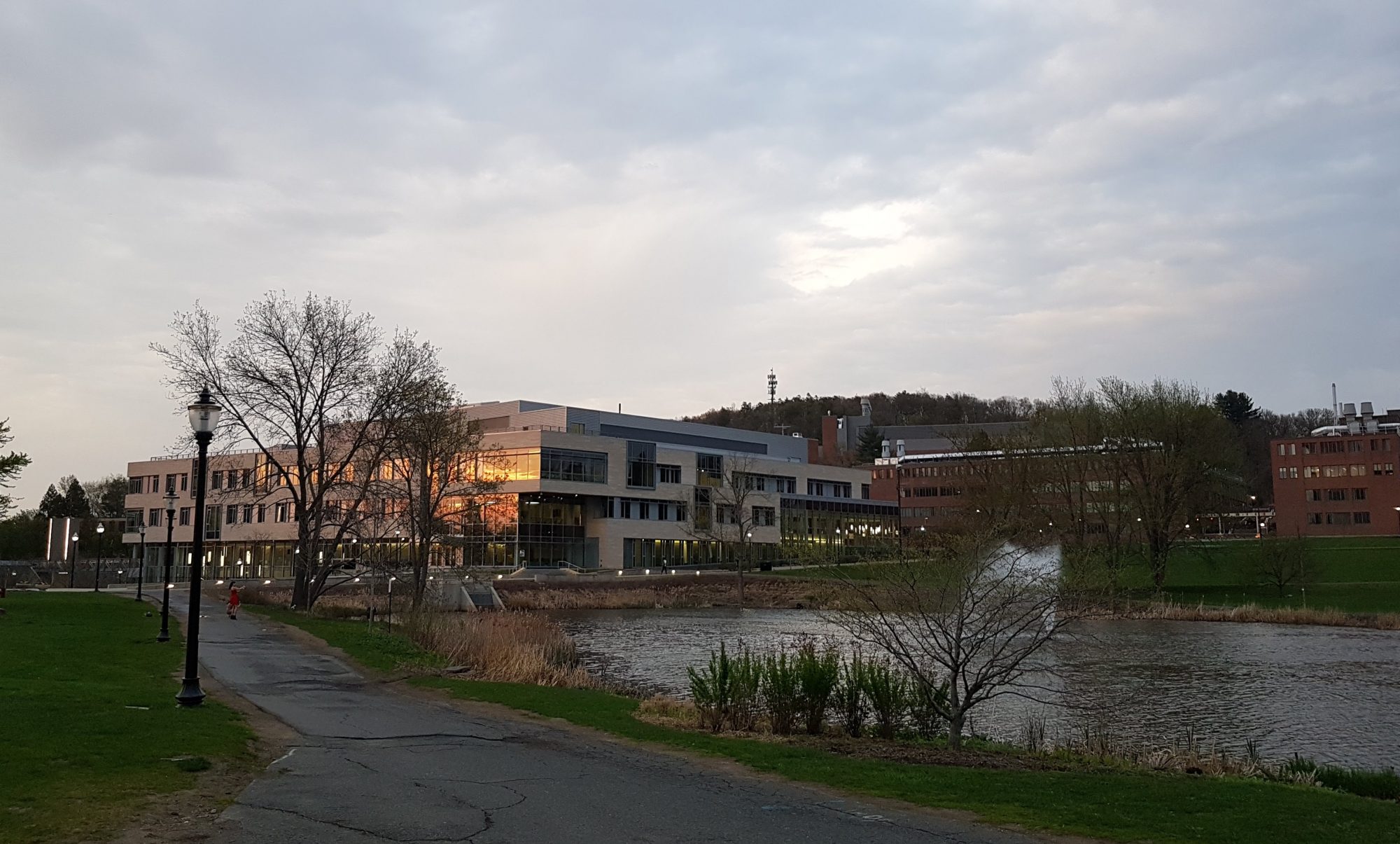 Kannan Jagannathan
Kannan Jagannathan
I have spent my entire professional career as an Amherst physics professor, starting in 1981. Along the way, I have chaired the New England section of the American Physical Society and worked for six years as assistant editor of the American Journal of Physics.
Research Interests
My research interests include theoretical particle physics, field theory and the foundations of quantum mechanics. I am a theoretical physicist, and therefore I do not have a lab or do experiments. However, some of the work I have done in elementary particle physics aims to model the behavior (specifically transformations and decays) of particles that are studied experimentally in accelerators. Conversation with experimentalists and attention to what is possible to measure in the lab is important for this kind of work. More recently, I have moved to more theoretical and formal work that is more remote from experiments. One area of current interest is the role symmetry plays in the laws of physics.
Teaching Interests
In our department, we expect every professor to be able to teach almost the entire undergraduate curriculum, no matter what his or her specialty might be. We think of physics as a unity. I teach three kinds of audiences, often in separate courses: physics majors, other science majors or pre-meds, and students who are not science majors. Courses for non-science majors often pose the greatest challenge in the classroom: how to convey deep and sophisticated ideas, exciting ideas, rigorously, without pulling any punches, and at the same time without all the technical machinery that goes with physics. These general education courses, especially, are ones that I am constantly improving, trying to figure out how to light that spark in students, how to get them to see what I see. In physics, there is a long tradition that goes back before Einstein and Maxwell, a tradition of regarding jargon as a burden and trying to minimize it without losing value, without losing the essential content. We don’t want oversimplification, of course. As Einstein said, “Everything should be as simple as possible, but no simpler.” That’s a motto for my approach to general education courses.
Navigating identity: LGBTQ+ Panelist
